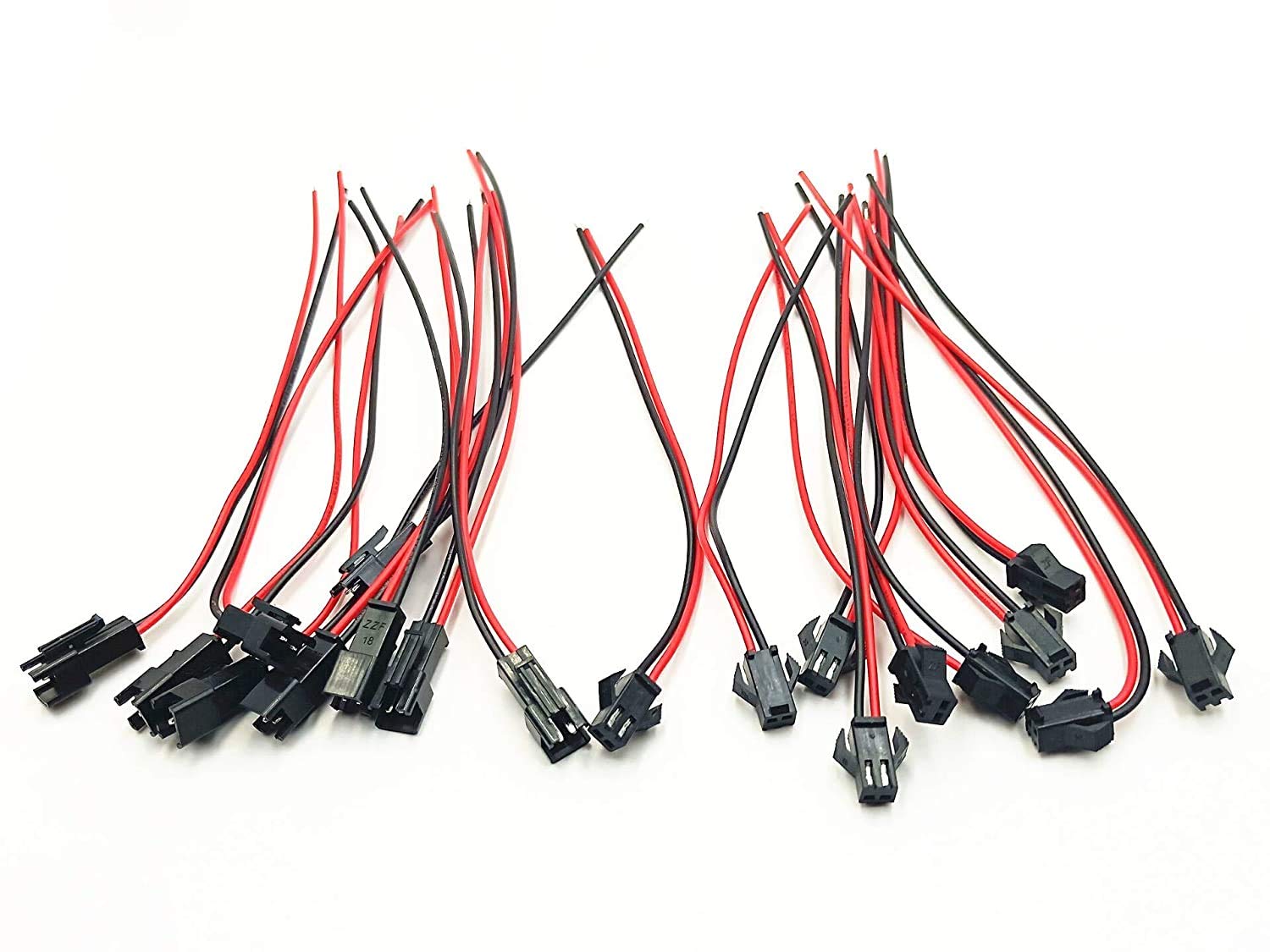Traditional methods of online marketing such as digital advertising paid for are effective, however the costs of advertising have made small-sized businesses unable to stay competitive. One effective alternative to advertising through paid ads is to use search engine optimization that lets your small business remain competitive and keep costs low. All it takes is an idea of strong strategy, a little labor, and a bit of time for the results of your efforts to be a the reality.
How does SEO function?
SEO is a method to increase a website’s organic online visibility. The aim is to make your site appear at being on top of page of results from a search engine as is possible. A well-planned small business SEO strategy will increase the number of visitors to your site without having to spend money on an advertisement.
A variety of factors can help to a better organic search engine ranking. Some of the most important are the site’s content, which is targeted with the proper keywords and backlinks. Good SEO also depends on a few technical elements like site speed and mobile web optimization.
Before diving into the specifics Before you dive into the details, here’s a glossary for popular SEO terms:
Organic results from a search: It is also known as”the Search Engine Results Page. When a user of a search engine type a query, or search phrase in a web search tool such as Google the list of results will be generated. This list consists of the pages that are most relevant for the keyword.
Ranking of keywords: The keyword ranking is your site’s precise position in the results for a particular keyword. The majority of web searches yield many pages and often there are 10 or more results per page. The closer to achieving the top spot in the search results, the higher number of people will visit your site, and how much traffic you site will see.
Local SEO/Local Search: This type of SEO is utilized to advertise local businesses on the internet. For instance when a person type shoe store Boston into the search engine, the results will display the internet websites of all stores selling shoes located in Boston which rank highly for the keyword. This is different than simply typing “shoe store”, which could result in web-based retailers that are not specifically related to a particular location.
Backlinks: They are hyperlinks between other sites to yours. They can increase your authority on your page and rank for keywords. However, if you’re not cautious they can lower the authority of your website and also hurt its position. Be sure to only have links from trusted sources that drive customers to your website. Every few months, check out for anything that appears suspicious and then remove the link to ensure they don’t bring down your rank.
Technical SEO: This is the technical aspect of SEO and not the content aspect, ensures that search engines are able to search and find your site. Small-scale technical SEO is focused on information in the backend such as your HTML code, mobile optimization and speed of your site as well as your sitemap and web architecture.
Speed of your site: How long will it take for your site to load? This is the speed of your website. Google takes this as an important element when assessing websites’ rankings in its search results. Google favors sites which load quicker and efficiently, as it enhances your user’s experience. If your website is weighed down by large videos or images like this, and is not optimized to load fast the site will suffer a loss in the search results.
Mobile optimization: What your site appears when viewed on smartphones is an crucial factor that determines the ranking of your website. If you created your website site on a computer and didn’t make sure the site’s size across a range of smartphones, then your website is likely to be penalized in results in search.
Five suggestions to make SEO for small businesses right
SEO isn’t only meant for Google. If you’re a small or growing company, your website should appear attractive on Google. But, based on your target audience other websites could be just as effective such as Amazon, Reddit, Yelp, YouTube, Instagram, and many others with specific SEO plans. Find out where you would like to focus the bulk of your efforts, and then begin there.
SEO strategies are effective however it isn’t instantaneous. While SEO isn’t quick or free but it’s effective. The time it takes for SEO to be effective depends on the place you begin. If you’re at the beginning stages of figuring the SEO strategy, you should expect at minimum six months before you get results, and even longer in the case of a new site. Be aware the fact that SEO is a process that continues and it continues to grow. The foundation you establish in the first few months will help you to make it easier later on. The more time you dedicate to SEO, the more difficult it is for your competition to surpass you.
Make sure you are targeting the correct key words. Plan your online content using keywords that are specific to your company. Aren’t sure of which keywords to focus on? Make use of a keyword research tool like, SEM Rush, Answer The Public or Buzz Sumo. There are several that don’t cost a lot. This will allow the most relevant people find your most relevant website and content.
Write for human beings first and then search engines later. High-quality, engaging pertinent content which is based on the desired keyword will encourage users to stick around on your site, read long enough, and engage with you more frequently. If you have the chance, consider providing answers to popular questions that relate to your company. Display solutions that your clients would prefer to look at. Although it’s tempting make sure you don’t use irrelevant keywords or content that is filled with the same keywords. Human readers will not be able to stand for it and this will adversely affect your search engine visibility. Search engines will consider this in determining the results they will show.
Utilize the power of local searches for your benefit. Small businesses can experience massive success when targeting local searches. The statistics prove that those who search locally are likely customers who are waiting to get converted. According to information, more than the queries on Google are local-focused. Seventy-two percent people who conduct a local search go to an establishment within five miles of their current address. If you are doing the local SEO, make certain to create a Google Business page. This will allow you to show prominently on Google maps and also in near me search results. To get more localized results you can weave your state or city into the keyword you want to target.










